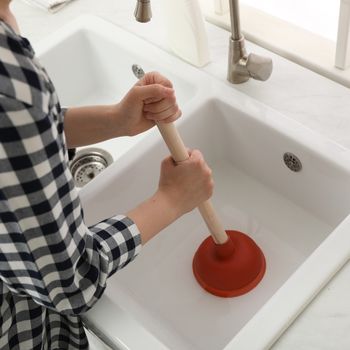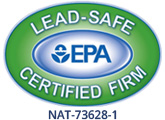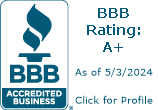10 Reasons Why Your Sink Drain Smells
 If you’ve noticed a strange, sour odor in your kitchen or bathroom sink, even when the water isn’t running, understand potential sources of this issue before reaching for the drain cleaner.
If you’ve noticed a strange, sour odor in your kitchen or bathroom sink, even when the water isn’t running, understand potential sources of this issue before reaching for the drain cleaner.
1. The P-Trap
This feature is installed underneath all sinks to capture debris and limit clogs in your plumbing system. It’s also called a house trap or U-bend and is designed to prevent gas from migrating into your home.
Should this area get dry, it does not function as optimally. Gases with a distinct sewer smell will then emanate through the drain and into your home. This issue is more likely to occur if you don’t use the sink that often.
2. Mold and Mildew
Dark, damp conditions attract mold and mildew to your drains, generating a musty odor. This issue may pertain directly to the drain itself or be caused by a leak where water has pooled or seeped into nearby materials.
3. Bacteria
By design, your plumbing system harbors a degree of bacteria. If their colonies start to grow, a strong odor and clog from food or hair can signal their presence.
4. Clogged Sewer Line
If the P-trap gets overloaded, a clog can form. If it’s farther down the sewer line, you have limited resources to address the issue. It will begin to generate a sewer-like odor, often from a mix of food, hair, debris and soap.
5. Clogged Sewer Vent
Sewer vents can also get clogged or blocked, causing the gases that would typically escape from your pipes to accumulate inside. This issue will be accompanied by a strong odor and drainage issues.
As these pipes travel toward the roof of your home, the blockage will likely be due to leaves, a bird’s nest or snow during winter.
6. Water Changes
If you notice a smell like rotten eggs, your water may have a higher concentration of sulfates. Their presence can stain or damage your clothing, affect digestion when you drink from the tap and contribute to clogged plumbing.
7. Plumbing Installation Issues
Plumbing that is older or not up to code can increase the risk for leaks or divert foul-smelling gases inside your home. This issue may emerge over time or right after you’ve had work done.
8. Clogs
In this case, the scent comes from rotting food accumulating in your drain. When you have a habit of letting food scraps flow down the drain, these can combine with soap, stick to the sides and begin to rot.
In your bathroom, enough hair and soap can accumulate along the sides of the pipe and attract debris that eventually begins to decay. In both scenarios, water will likely flow slowly down the drain, indicating some kind of a blockage.
9. Garbage Disposal Issues
A garbage disposal that does not grind down food properly often leaves debris behind. This residue builds up and begins to rot.
10. Addressing Drain Odors
At this stage, you have a few courses of action. One, you can wash the drain with hot water and dish soap or add baking soda and vinegar followed by hot water to dissolve any clogs. If you think the odor comes from the garbage disposal, add ice cubes with salt, then lemon peels.
Second, if you suspect a clog, see if you can unblock it with a drain snake. A blocked vent may require a professional to remove debris from the roof area.
Steer clear of drain cleaners, which can damage your pipes by causing the material to corrode or melt. Also refrain from pouring fat or grease down the drain and add a screen to catch food scraps.
If none of these strategies work, turn to the plumbing professionals at MJ Fahy & Sons. To schedule service, contact us today.




